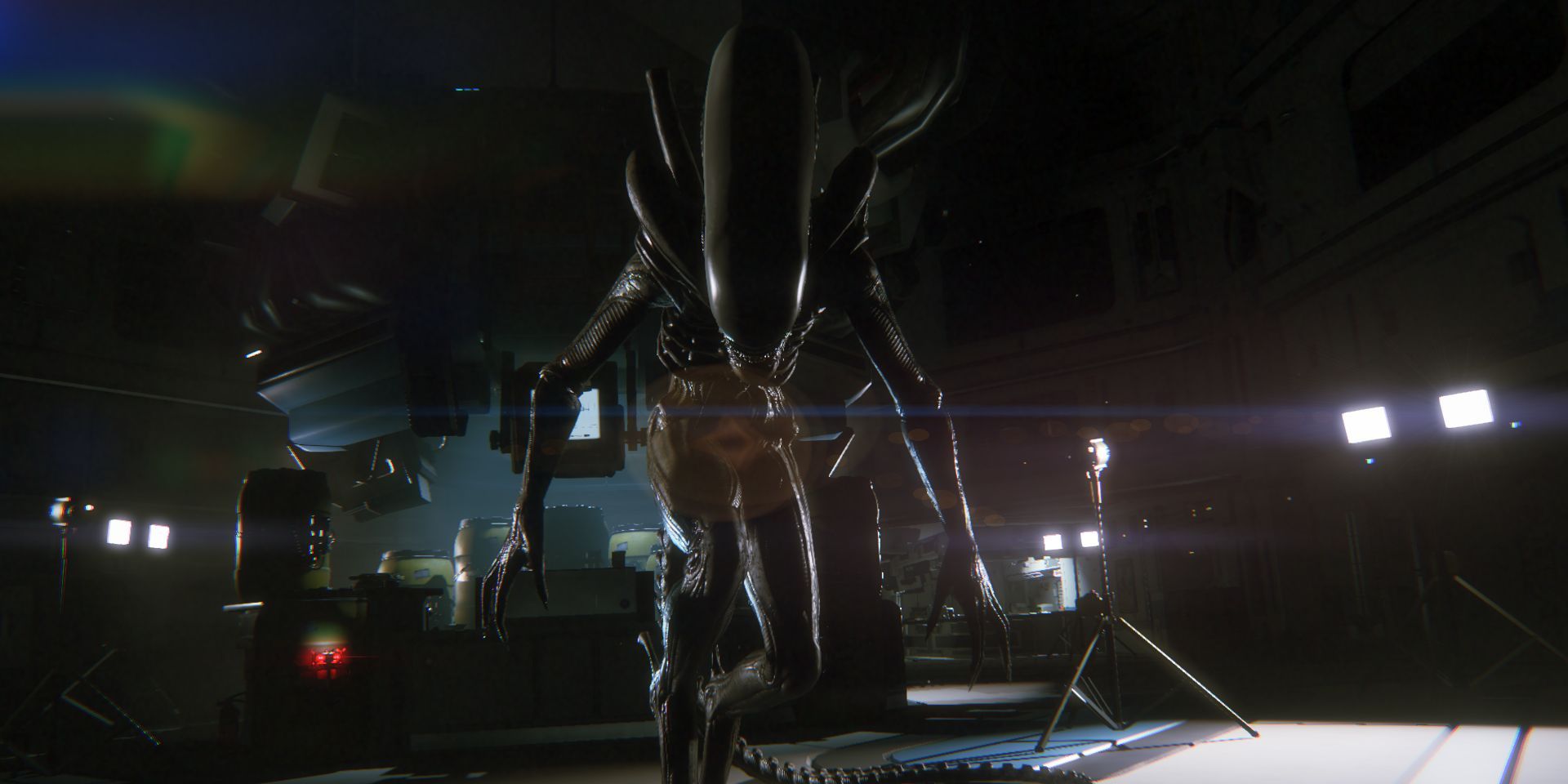
But experts told Grid that Kremlin speechwriters would have no problem drafting an argument that Putin’s “special military operation” has succeeded. They imagined the speech Putin might give, how it might be received - and the odds that he might deliver it anytime soon.Ī Putin “victory speech” would not only mix fact and fiction it would also likely cause an uproar and perhaps a reinvigorated resistance from Ukraine. Grid spoke to Russians and others versed in the ways the Kremlin, the Russian media and Putin himself communicate to their people and to the world. “And he already has enough things that he could call ‘completing the tasks of a special military operation.’” “Yes, of course, Putin could declare victory, if he wished to,” said Ksenia Kirillova, a former reporter for the Russian newspaper Novaya Gazeta and now an analyst of Russian media and propaganda.

He could call in the Kremlin cameras and media machine and announce to the world: Mission accomplished.

If Putin wished to stanch the bleeding of his armed forces and his country’s economy - and perhaps even claim a kind of high ground after months of being branded globally as a genocidal war criminal, he could do something about it. But its forces have made gains since the Kremlin turned its military focus to the east and south, and the Russian position is appreciably better than it was on Victory Day. Russia is hardly “winning” the war in Ukraine. Now he is getting closer - particularly when one allows for some typical Kremlin stretching of the truth. The problem was, he didn’t have the goods. In the runup to May 9 - the Victory Day holiday in Russia - the assumption was that Putin had to offer something like a victory address for the occasion. The Russian leader probably expected to declare victory in the early days of the war. It would likely be a blend of fact, twisted fact and outright invention - but Putin mixes reality and fantasy on a regular basis. Here’s one thing we do know: Given the mission he articulated in February and what has happened since, Vladimir Putin could give a victory speech tomorrow. We don’t know to what extent he worries about Russian casualties, the occasional bubbling up of anti-war dissent, the exodus of Russian citizens or the economic punishments levied against his country. But we don’t know whether Putin still believes victory requires taking the capital, Kyiv, and bringing about regime change in Ukraine - nor how he measures those aims against the staggering toll of his “military operation” to date. He remains dismissive of Ukraine’s leaders and furious with NATO and the West - even more so now than before - and he rails often about his dreams of a Greater Russia. To this end, we will seek to demilitarize and denazify Ukraine.”įor all the battlefield turns since that fateful day - the early Russian onslaught and surprising Ukrainian resistance the heavy Russian losses and subsequent shift to the eastern front - we are no closer, five months later, to divining Putin’s aspirations for an endgame in Ukraine. It was a rambling speech, but its core message was captured in a few lines: “The purpose of this operation is to protect people who … have been facing humiliation and genocide perpetrated by the Kyiv regime. It was time for an answer, the Russian leader said. Beyond Ukraine, Putin said NATO had ignored repeated warnings to stop its eastward push. Russians in eastern Ukraine were victims of “genocide,” and the country was led by a “Nazi” regime.
#Another word for capture series#
24, Russian President Vladimir Putin told his people - and the world - that a “ special military operation” was needed to right a series of wrongs in Ukraine and beyond.


 0 kommentar(er)
0 kommentar(er)
